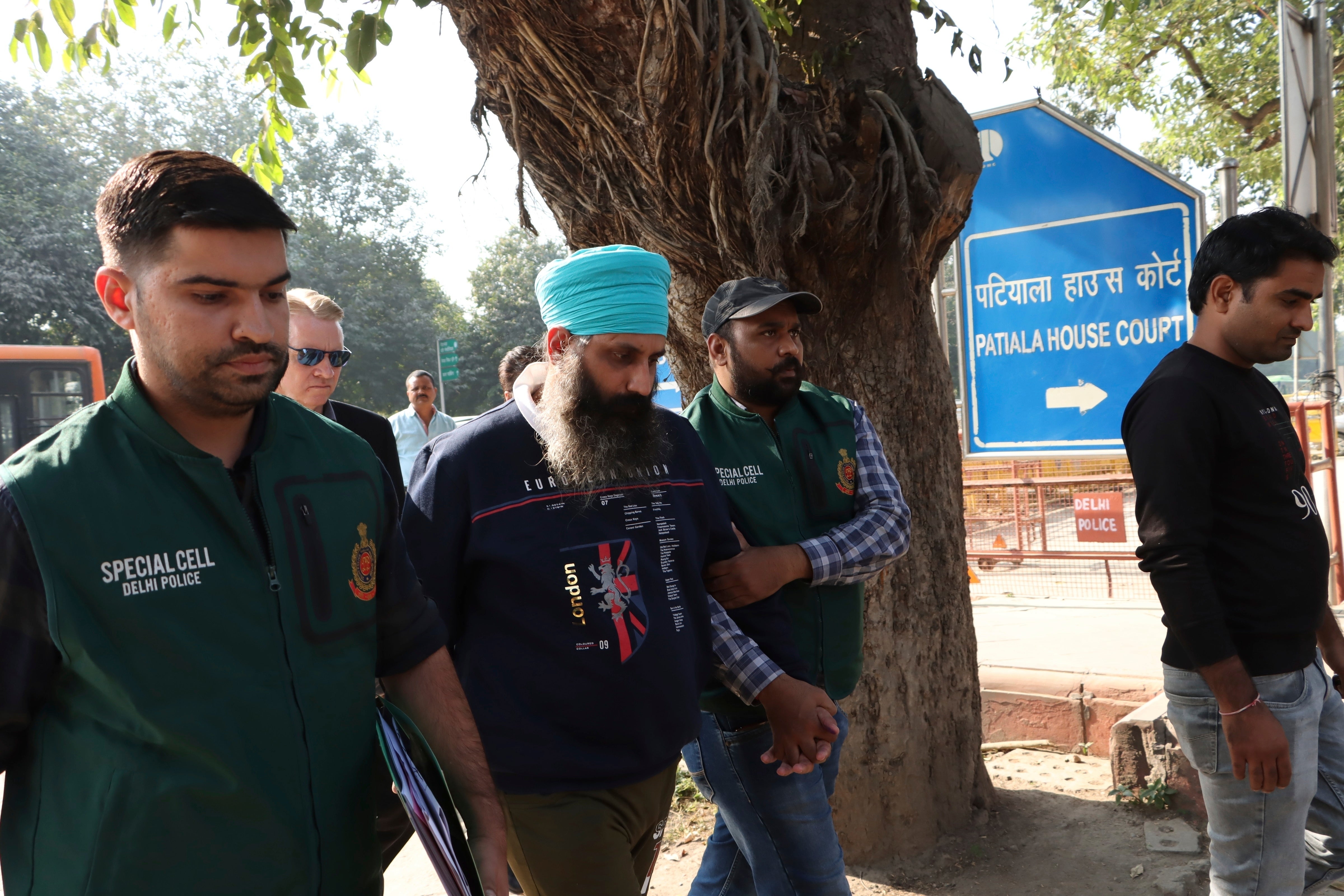Indian court grants extradition for Australia murder suspect
A court in New Delhi has approved an extradition request for the prime suspect in the killing of a woman on an Australian beach four years ago

Your support helps us to tell the story
From reproductive rights to climate change to Big Tech, The Independent is on the ground when the story is developing. Whether it's investigating the financials of Elon Musk's pro-Trump PAC or producing our latest documentary, 'The A Word', which shines a light on the American women fighting for reproductive rights, we know how important it is to parse out the facts from the messaging.
At such a critical moment in US history, we need reporters on the ground. Your donation allows us to keep sending journalists to speak to both sides of the story.
The Independent is trusted by Americans across the entire political spectrum. And unlike many other quality news outlets, we choose not to lock Americans out of our reporting and analysis with paywalls. We believe quality journalism should be available to everyone, paid for by those who can afford it.
Your support makes all the difference.A court in New Delhi on Tuesday approved an extradition request for the prime suspect in the killing of a woman on an Australian beach four years ago.
Rajwinder Singh, who is of Indian origin, was arrested in November on the outskirts of the Indian capital. His arrest came three weeks after he was targeted with a 1 million Australian dollar ($677,000) reward.
Australia had applied to India for Singh's extradition in March 2021, but he could not be found.
Singh, 38, flew from Sydney to India the day after 24-year-old Australian Toyah Cordingley's body was found on the Queensland state coast on Oct. 22, 2018.
The court's order approving Singh's extradition to Australia will now need to be signed off by the Indian government, which could take a few weeks, said Ajay Digpaul, standing counsel for the federal Indian government. He added that Singh earlier this month waived his right to challenge the extradition.
In November, Australia's attorney general said Singh's extradition is a “high priority” for his government and that it will work with Indian authorities to ensure Singh returned to Australia to face justice.
The Queensland government on Nov. 3 offered the largest reward in the state’s history for information about Singh.
The reward was unique in that it did not seek a clue that solves a crime and leads to a successful prosecution. Instead, the money is offered for information that leads only to a suspect’s location and arrest.
Indian police arrested Singh on the same day they received information about his whereabouts, Australian Federal Police said in November.
New Delhi police said Singh was arrested on a highway to his home state of Punjab based on intelligence shared by the France-based international policing organization Interpol as well as Australian police.
Singh was “believed to be avoiding apprehension in the Punjab region in India since traveling to the country” in 2018, according to Australian police.
Singh was employed as a nurse at Innisfail, a town south of the major city of Cairns, when Cordingley was killed on Wangetti Beach. She had gone to the beach to walk her dog.
Australia and India have had a extradition treaty in place since 2010, but the process can be slow.
For 13 years, Australia has been pursuing the extradition of Indian national Puneet Puneet, 33, who fled Australia after he was convicted of drunk driving and speeding when he hit and killed one pedestrian and injured another in downtown Melbourne in 2008.